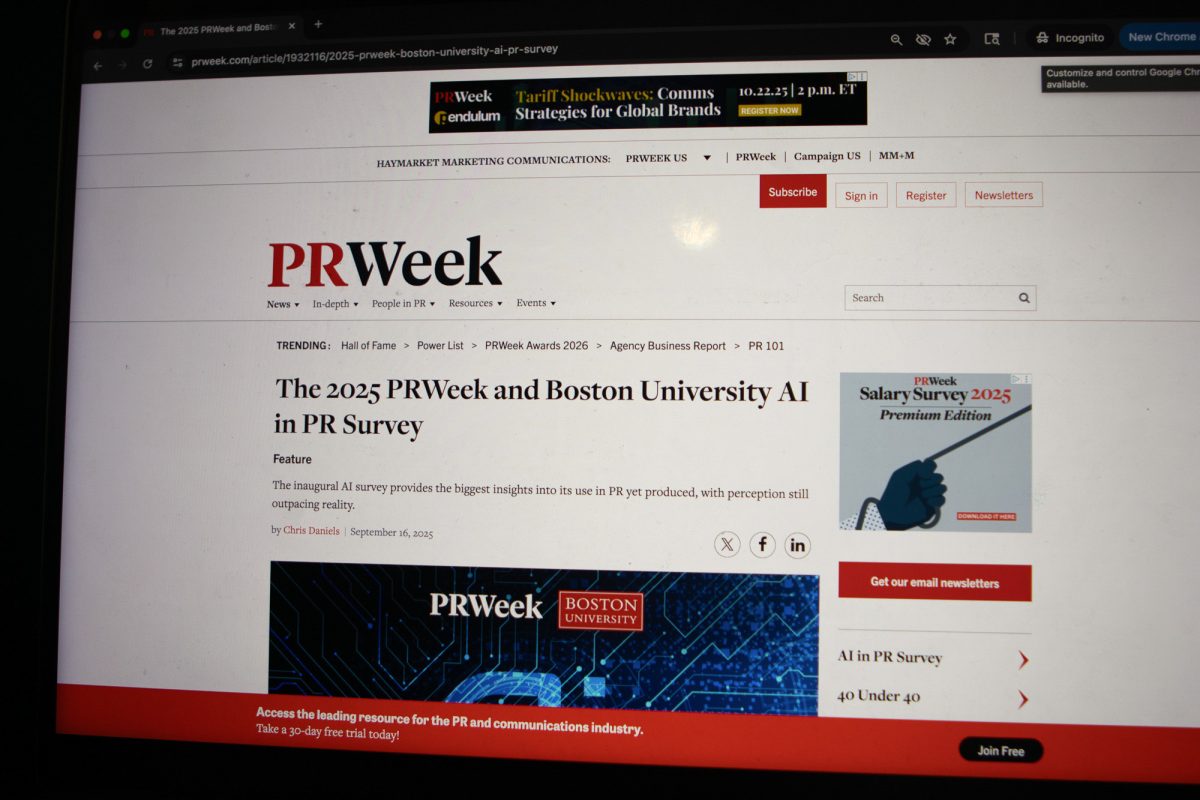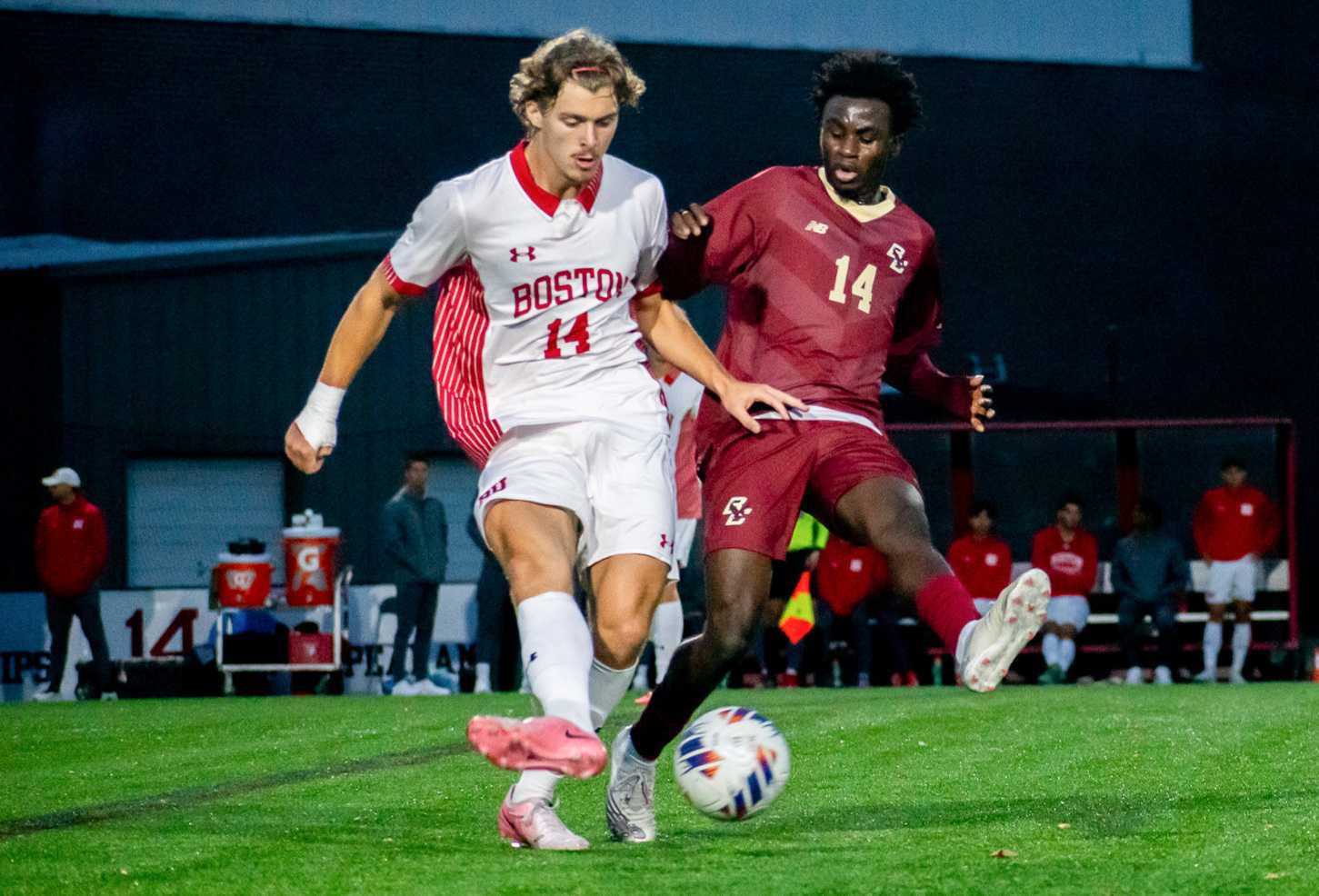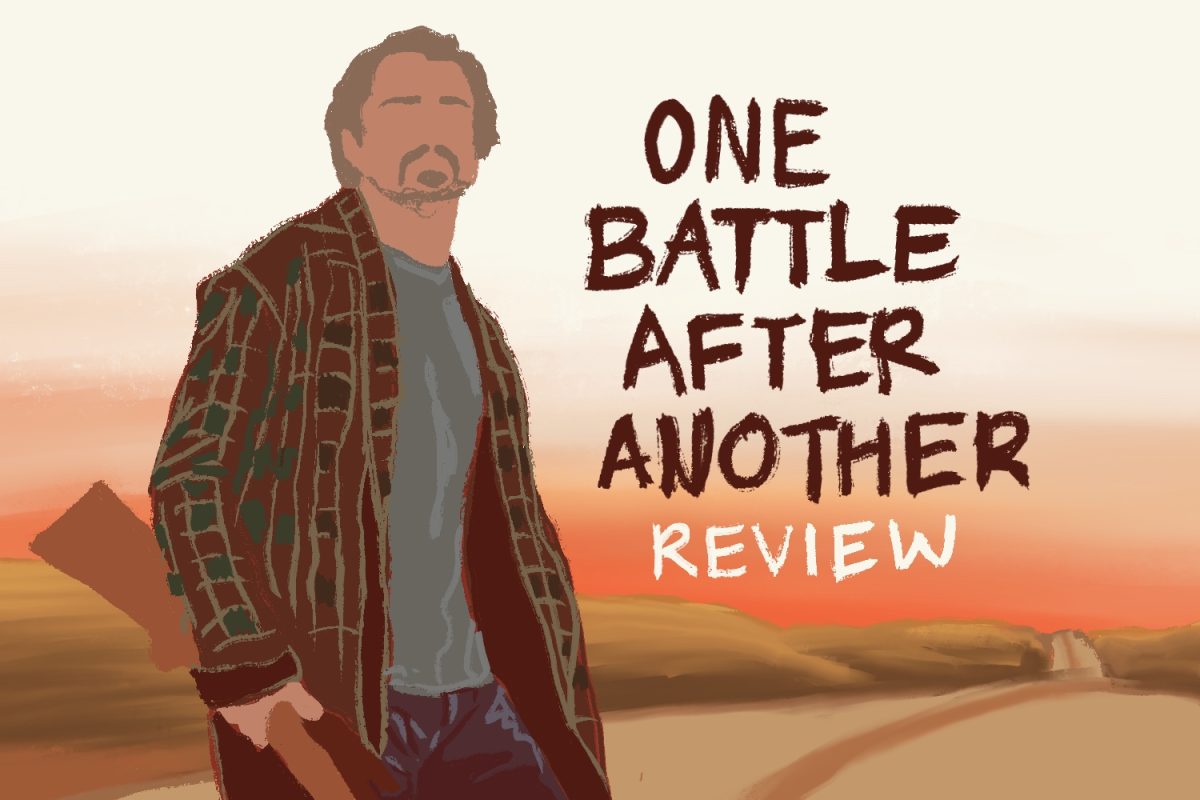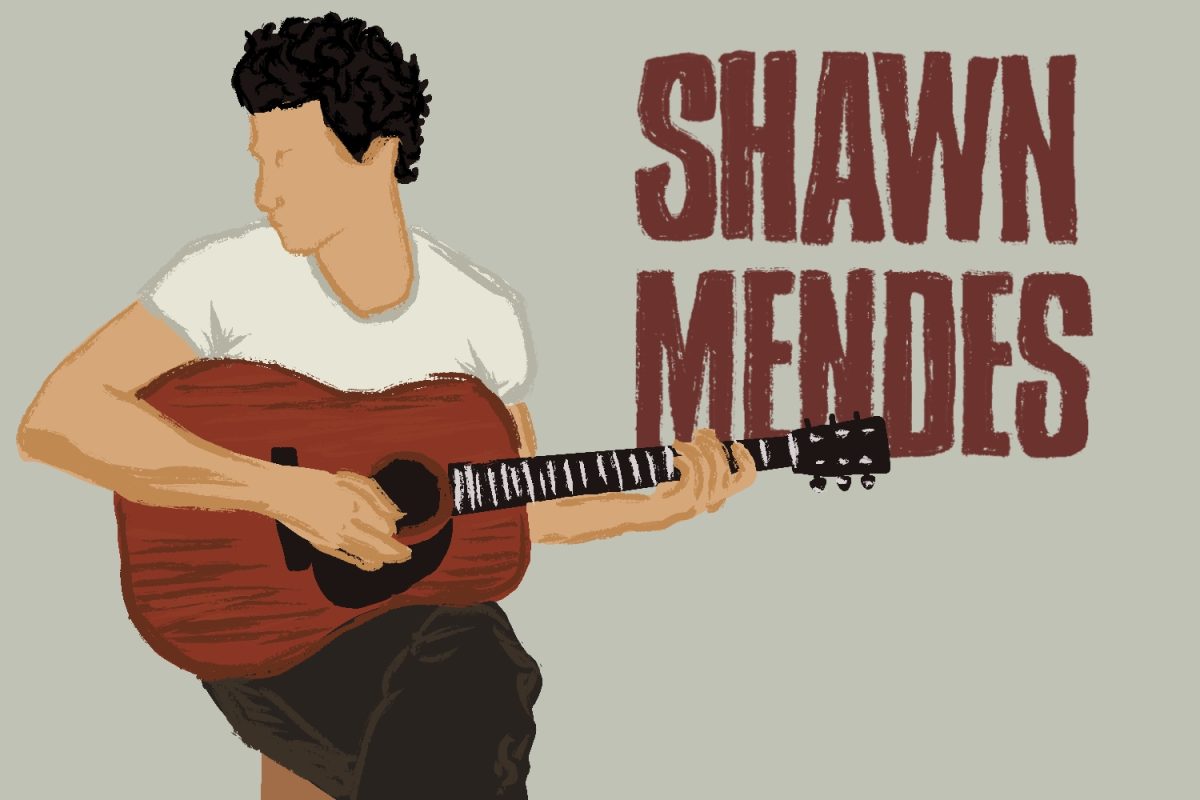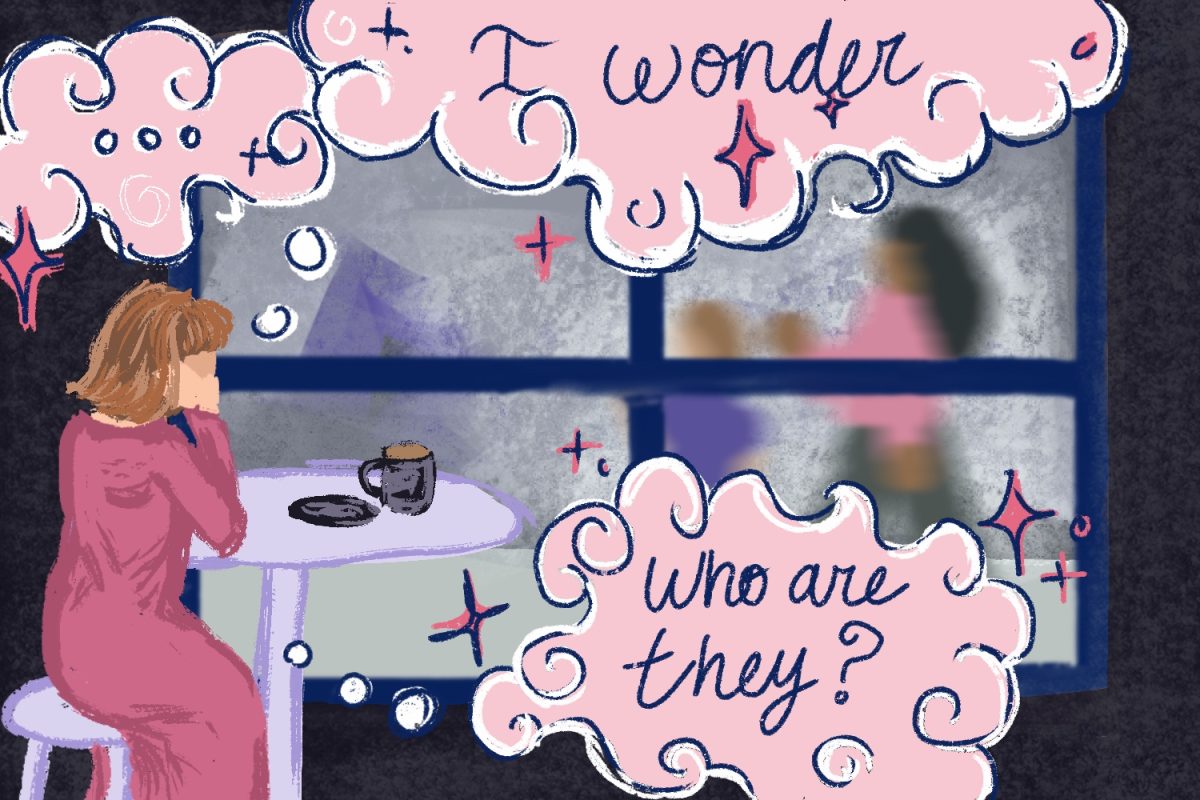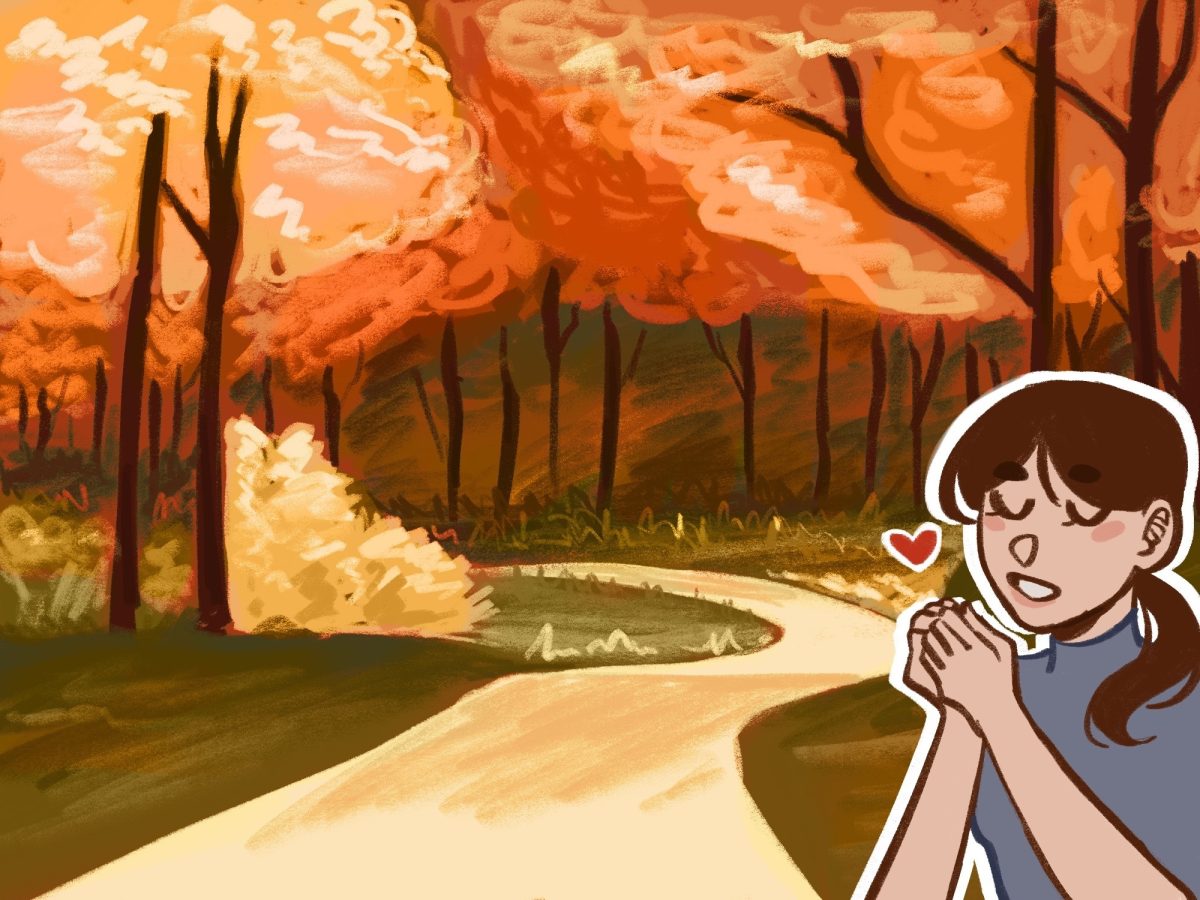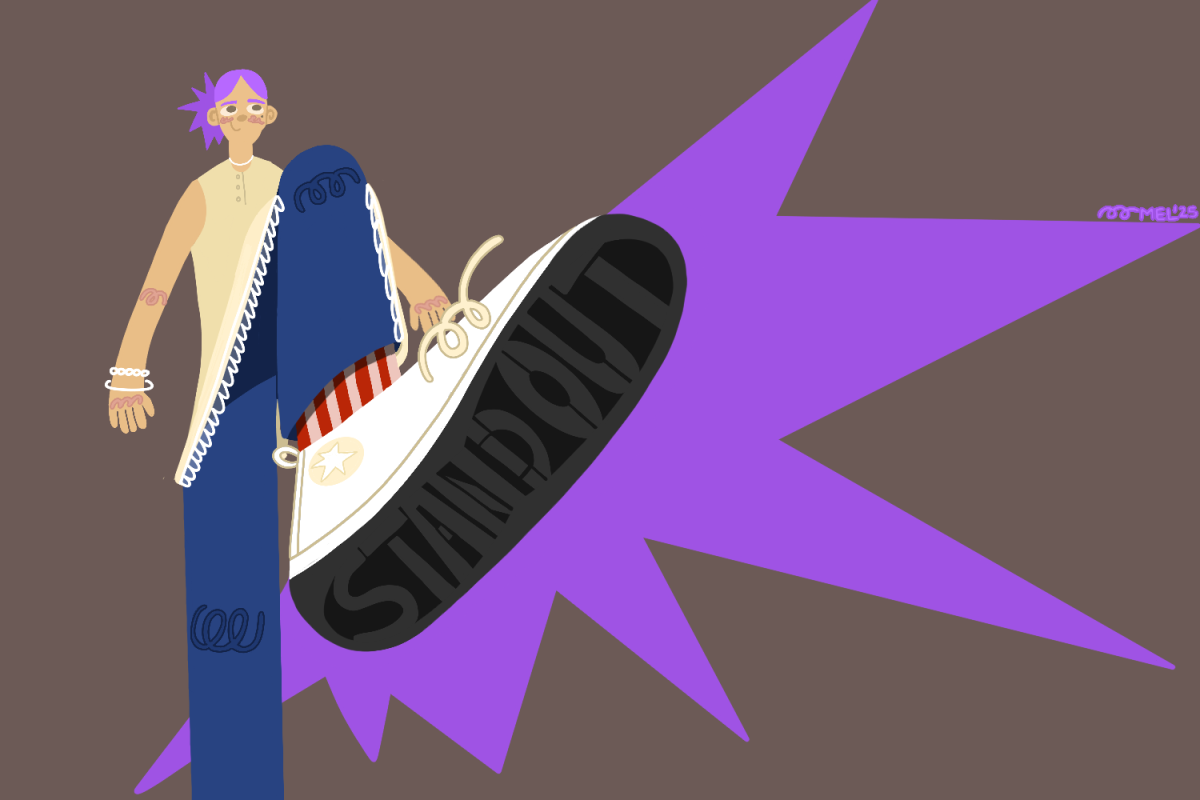A few short weeks ago, Jay “Sinatraa” Won was at the top of the esports world. He was a generational Overwatch talent and a fierce trash-talker who backed his ego up with incredible skill. He was famous for his leaked salary: $150,000 per year at the young age of 17.
Although his first season in the Overwatch League was disappointing, he ascended to the pantheon of Overwatch legends the following year. The San Francisco Shock won 2019’s Overwatch League Grand Finals on the back of Sintraa’s superstar performance, earning him the season MVP title along the way.
His April 2020 decision to leave Overwatch and go professional in Riot Games’ new title Valorant seemed all the more surprising with this context, but he proved the doubters wrong on that front too. Rather than being a fish out of water, he collected even more praise for his skill.
He was an idol for thousands of gamers, myself included. He was the undisputed “Greatest Of All Time.” The mindset of improvement he articulated in one interview — “drop the ego, focus on the grind” — became a mantra for us.
Until last week, no one knew he was a sexual abuser. His ex-girlfriend posted a nine-page Google Doc March 9 detailing her experience with him, which included rape and emotional manipulation. Her descriptions were supplemented with screenshots of their texts and even a harrowing audio recording of a sexual encounter.
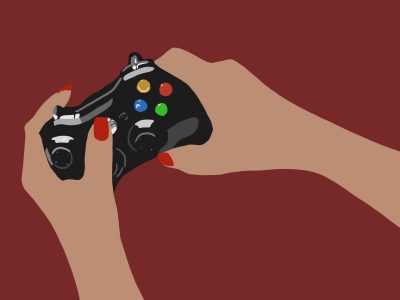
As a fan of competitive Super Smash Bros. as well, this whole situation feels eerily familiar.
More than 50 of the best Smash players and community figures were accused of sexual assault last July. In many cases, the accused admitted to the accusations afterward.
One such player involved in sexual assault was Gonzalo “ZeRo” Barrios, an undisputed legend in one title in the franchise. ZeRo holds a winning streak long enough to be recognized by the Guinness Book of World Records.
The Smash scene’s uniquely “grassroots” character has caused its deep-seated crisis of sexual abuse, and this relationship illuminates the problem in competitive gaming in general.
Smash has little in the way of an official circuit, and its tournaments are run almost entirely by fans because the developers at Nintendo are uninvolved in competitive gaming.
“Starry-eyed fans mingle with videogame juggernauts … pro players with social media empires, sponsorships, and esports-team clout roam free among their fanbases—a power dynamic born of internet microcelebrity,” wrote Wired staff writer Cecilia d’Anastasio.
This, combined with the alcohol that flows at afterparties, was a recipe for disaster.
Overwatch esports are heavily financed and organized by developers — a sharp contrast to Smash — and can recreate this dangerous atmosphere too. Sinatraa’s ex-girlfriend hit the same notes in her account of the abuse, saying her fandom and excitement made her look past potential red flags.
Sexual assault is a crime of power, not of love or sex. While it happens on a personal level within romantic relationships — or other types of relationships — it is also reinforced more broadly by the systemic inequities that permeate our society. As mentioned previously, vestiges of big business and finance capital in sponsorships help create the power dynamics that enable sexual assault in video game communities.
These rewards lavished upon the best players combine with our admiration of skill. While players may be impressive in the server, this practice of hero worship is extended into their moral standing. Not only does this give us the erroneous impression that players can do no wrong, but it also turns some of their most dedicated fans into fervent defenders of their actions, attacking victims who speak up.
Structures outside of the gaming community are also to blame. Corruption of our policing system gives women a weak legal framework for reporting incidents. In police departments across the country, police discourage women from coming forward and even reclassify reports to manipulate statistics.
The gender roles imposed by capitalism — the virile, powerful man and the docile woman — only exacerbate the problem further, rationalizing the abuse of women and telling male victims they secretly enjoyed their abuse.
All of this is to say that esports and video games are a great thing, and their communities have the potential to reflect that even more. However, they demonstrate with particular clarity the systemic factors that facilitate an epidemic of sexual assault. They are the same factors that plague our world outside of gaming, including our own lives as Boston University students.
It is incumbent upon us to build solidarity with all people who have been abused and to fight the systems of oppression that perpetuate this victimization.






